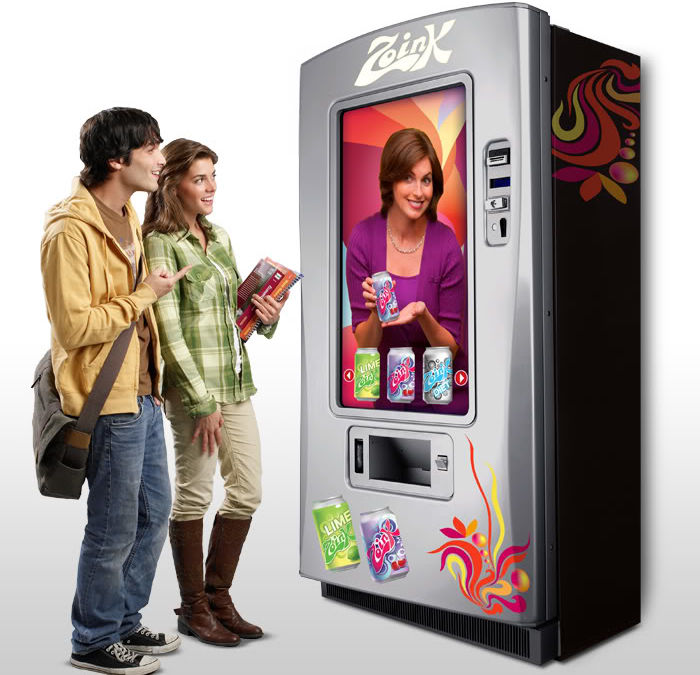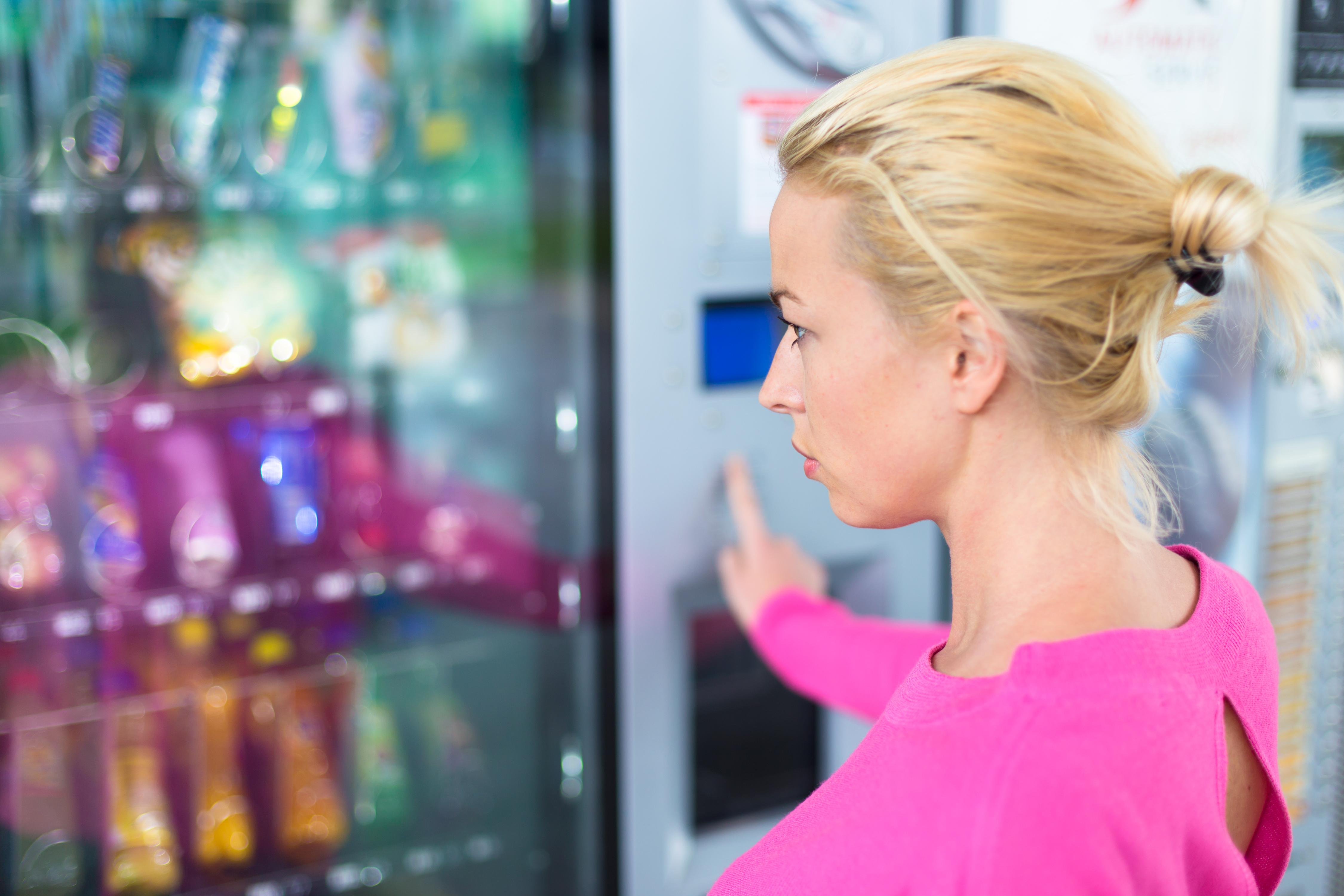UK customers, together with merchandising consumers, are savvy on the subject of cashless fee techniques with only a small share nonetheless who prefer to pay in coins.
In a brand new analysis file printed through one-stop trade comparability web site BusinessComparison, the newest knowledge from around the globe was once accumulated along a survey of two,000 UK adults to decide how frequently other people pay the use of coins, and which fee sorts are essentially the most frequently used.
The analysis discovered that, general, Europe had observed 180,147 million cashless bills in 2020. The continent recorded the third-highest quantity of cashless bills on the time of the information being amassed, accounting for 20% of all international cashless bills.
In phrases of the United Kingdom, the rustic recorded 30,914 million bills throughout the 12-month duration, of which, 20,722 million had been cashless – making up 67% of general bills for the United Kingdom. Broken down in line with capita, this amounted to 455.32 cashless bills in line with consumer in 2020, with the United Kingdom recording a inhabitants dimension of over 67 million other people on the time.
Whilst the analysis obviously indicated that cashless bills have grown exponentially in recognition, BusinessComparison sought after to understand which cashless bills had pop out on most sensible – debit/bank cards, or virtual wallets.
The UK recorded 17,522 million debit card bills, along 2,851 million bank card bills and 345 million not on time debit card bills. Interestingly, no information for virtual pockets bills had been discovered on the time of the information assortment.
From the information amassed, it was once transparent that debit card bills had been essentially the most distinguished type of cashless fee.
With cashless bills abruptly changing into so standard, what has turn into of conventional coins? BusinessComparison surveyed 2,000 UK adults to determine extra about their cash-spending behavior. Consumers had been requested once they had closing paid the use of coins, the place the money was once spent, and what had induced them to make use of coins reasonably than a cashless means.
Interestingly, the survey discovered that money was once nonetheless getting used slightly frequently in the United Kingdom. 44% of respondents mentioned that they’d paid in coins inside the closing week, with an extra 17% the use of coins within the closing two weeks. An further 13% reported paying in coins inside the closing month. 1% of respondents had by no means paid the use of coins. Unsurprisingly, many of those respondents had been between the ages of 18-24 (8%).
In specific, 62% of respondents from Wales had paid in coins inside the closing week, along 51% from the North West. In comparability, 24% of respondents within the North East and 20% in Northern Ireland had used coins inside the closing month.
When requested the place they’d closing paid the use of coins, it was once hospitality that got here out on most sensible. 11% of respondents mentioned they’d been in a restaurant or deli, with 9% spending coins in a cafe.
Other not unusual places for bodily coins to be spent integrated:
- Charity store (9%)
- Farmer’s marketplace (7%)
- Pub (6%)
- Butcher’s store or fishmongers (5%)
Finally, BusinessComparison sought after to understand why customers had been opting for to pay the use of coins. For many, it was once an issue of necessity. Almost 30% mentioned they’d used coins as they had been simplest creating a small acquire (29%), with every other 29% pronouncing they had been the use of up coins they already had on them.
Other not unusual causes for paying in coins integrated:
- The trade simplest authorized coins (15%)
- Technical problems supposed simplest coins might be used (7%)
- Prefer paying in coins (17%)
Most particularly, simply 17% of respondents mentioned they like paying in coins – highlighting how a lot attitudes against coins bills have modified. A overwhelming majority of respondents had spare coins to make use of up (29%) with just below 30% the use of coins to make small purchases (29%).
22% of respondents from the West Midlands mentioned they most popular paying in coins, along 20% from the East of England.
Philip Brennan, Founder and managing director at BusinessComparison, mentioned: “In fresh years, we’ve observed coins bills turn into increasingly more unwanted, whether or not because of inconvenience or one thing else. Cashless bills have briefly risen in recognition to turn into essentially the most principal type of in-person fee.
“As neatly as highlighting the worldwide luck of cashless bills, our analysis presentations how coins fee tendencies range in several portions of the United Kingdom, with Wales and the North West making notable contributions to the rising acclaim for handy cashless bills.
“It’s clear that savvy UK consumers understand the benefits of cashless payment methods, making it essential for businesses to cater to their preferences.”


